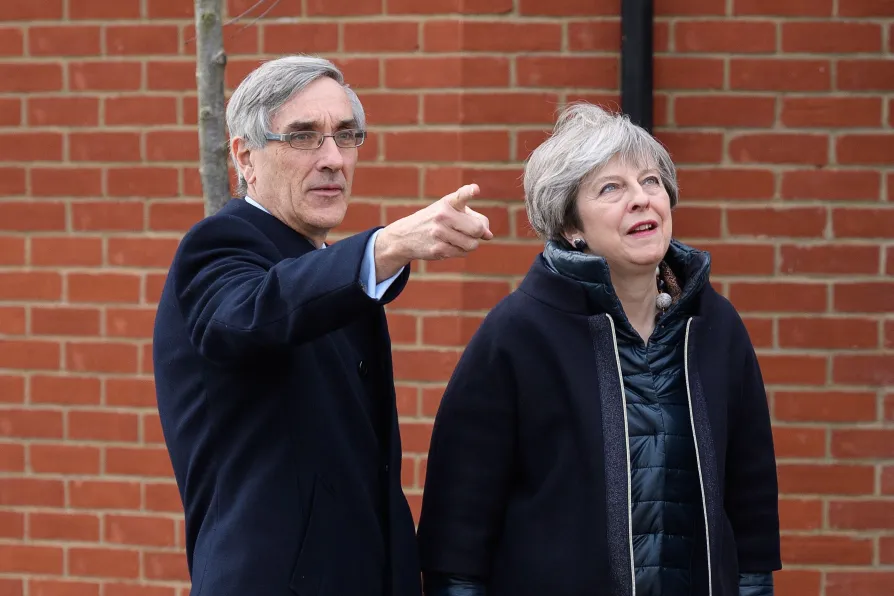As Colombia approaches presidential elections next year, the US decision to decertify the country in the war on drugs plays into the hands of its allies on the political right, writes NICK MacWILLIAM

 Prime Minister Theresa May talks with Conservative MP for Wokingham John Redwood
Prime Minister Theresa May talks with Conservative MP for Wokingham John Redwood
THE decision by Theresa May to award a knighthood to veteran Tory MP and free marketeer John Redwood is of course nothing whatsoever to do with recognising what he has added to national life over the decades.
His most notable contribution in that respect was to fail to remember the words of the Welsh National Anthem when he was required to sing it during the period he was Tory Welsh Secretary in the 1990s. There is a clip online and it is funny but not I think worthy of a knighthood in itself.
Rather the Prime Minister has in mind the narrow political calculations of the Tory Party in 2018 as she attempts to push her Brexit deal through Parliament.

In 1981, towering figure for the British left Tony Benn came a whisker away from victory, laying the way for a wave of left-wing Labour Party members, MPs and activism — all traces of which are now almost entirely purged by Starmer, writes KEITH FLETT

Who you ask and how you ask matter, as does why you are asking — the history of opinion polls shows they are as much about creating opinions as they are about recording them, writes socialist historian KEITH FLETT

KEITH FLETT revisits debates about the name and structure of proposed working-class parties in the past

The summer saw the co-founders of modern communism travelling from Ramsgate to Neuenahr to Scotland in search of good weather, good health and good newspapers in the reading rooms, writes KEITH FLETT














